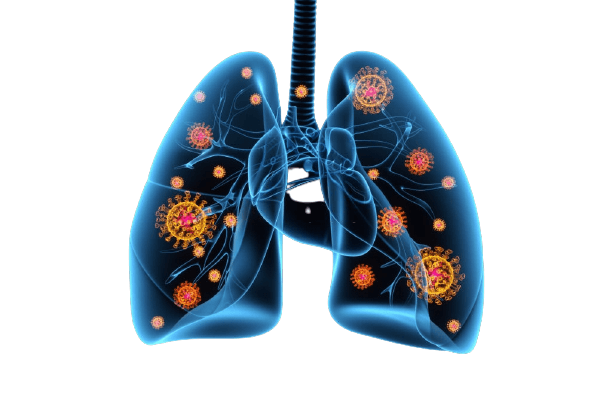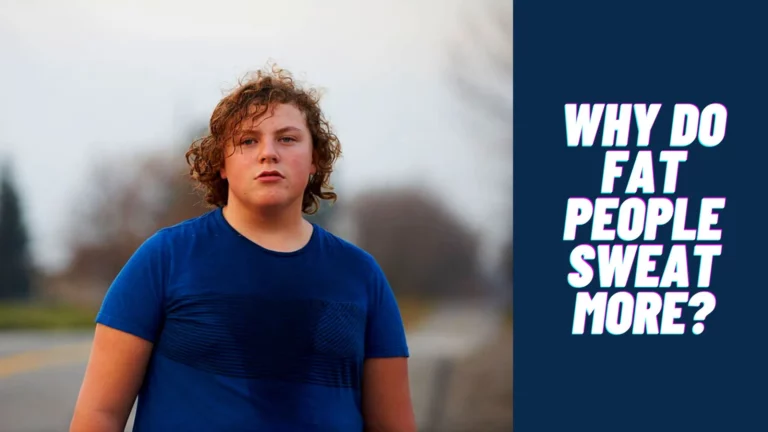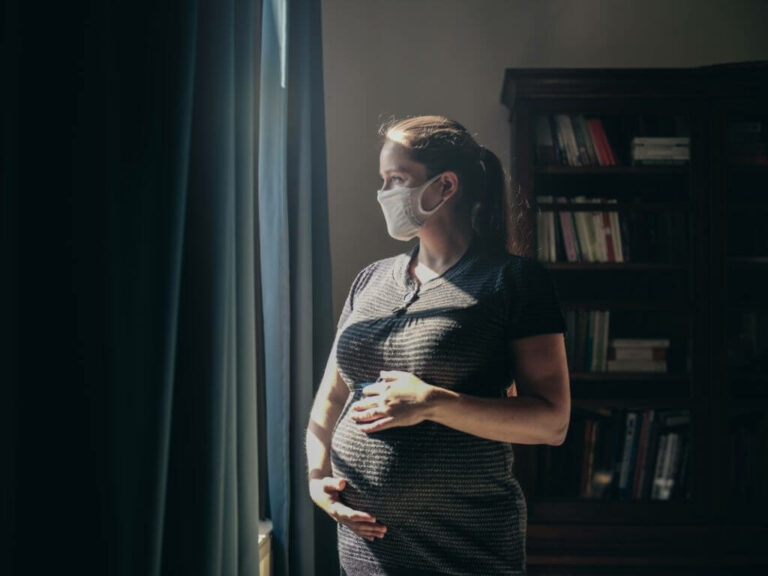What Do You Need To Know About Obesity And Covid-19?

Obesity was a common problem in most people for years but Covid19 is a newly emerged crisis that took away the lives of many within a short period of time. You may be thinking why am I talking covid19 and obesity or how are they related. Studies reveal that individuals who have obesity are more prone to infections and complications of the Covid19 virus. This is why we are asked to maintain a healthy diet and body during these quarantine and lockdown periods.
What Do You Need To Know About Obesity And Covid19?
The lockdown and quarantine have affected the lives of people in many ways, gaining fat is one among them. Due to unhealthy practices of not doing exercise or yoga, eating food without intervals, and without proper dietary practices, people can gain excess weight, resulting in obesity. Well, this article discusses the things you need to know about obesity and covid19.

The current data suggest that obese adults are more likely to have a severe and complex COVID-19 course, which can be worsened by biological and social factors related to obesity. Following are some of the risk factors of covid19 in obese people;
Do Obese People Have Weakened B And T Cells?
- In addition, obese people have weakened B and T cell responses, leading to the increased and delayed resolution of viral infections. In the end, even vaccination becomes less effective in obese people.
- Obesity is related to the decreased functioning of the pulmonary system which may increase the risk of complications in obese people, including decreased respiratory reserve volume and respiratory system failure.
- Obesity and underactive adipose tissue have been linked to type 2 diabetes, high blood pressure, heart, and kidney disease, which can worsen during Covid19 infection and affect the overall health of patients.
Here Are Some Of The Social Factors That Affect Obesity And Covid19;
Certain vulnerabilities including economic and social status, body weight, ethnicity, language, gender, immigration status, and previous experience with obesity can prevent people with obesity from gaining access to covid-19 services snd information.
Weight-based beliefs, attitudes, and not recognizing obesity as a serious disease can influence the way doctor behaves and performs clinical judgment.
If obese people are discovered and cured for covid19 and then compared to normal-weight people, there will be an increase in the intensity of the virus progression which may also affect the critical care needs.
How To Take Care?
- Detection and testing of covid19 in obese people at the early stage.
- Taking exact therapy for covid19 affected obese people to avoid further damage to health.
- Strict isolation of covid19 cases and maintaining social distance needs to be executed to counter increased viral shedding. This requires adequate planning to prevent the further spread of the disease and reduce financial hardship and food shortage.
- Once there is a safe availability for the vaccine the immune response in covid19 infected people with obesity should be evaluated. Special interferences to promote vaccination may be needed to avoid further complications.
- Develop awareness and ideas about stigmas related to obesity and weight affect testing, treatment, care, and health outcomes in covid19 affected obese people.
Conclusion
Relevant studies have proved that obesity can weaken the immune system which in turn makes the body vulnerable to viruses and infections. In fact, obesity has become a severe risk factor for many diseases, especially during this current pandemic era.
Moreover, several independent studies have shown that obese people with covid19 have an increased risk of serious illness, hospitalization, and increased mortality. In conclusion, adipose ACE-2 may play an important role in the spread of covid19 to other tissues, but this possibility needs to be investigated this possibility. There are mechanisms that can describe the increased proneness of obese people to dangerous diseases and poor clinical outcomes due to covid-19 infection.





